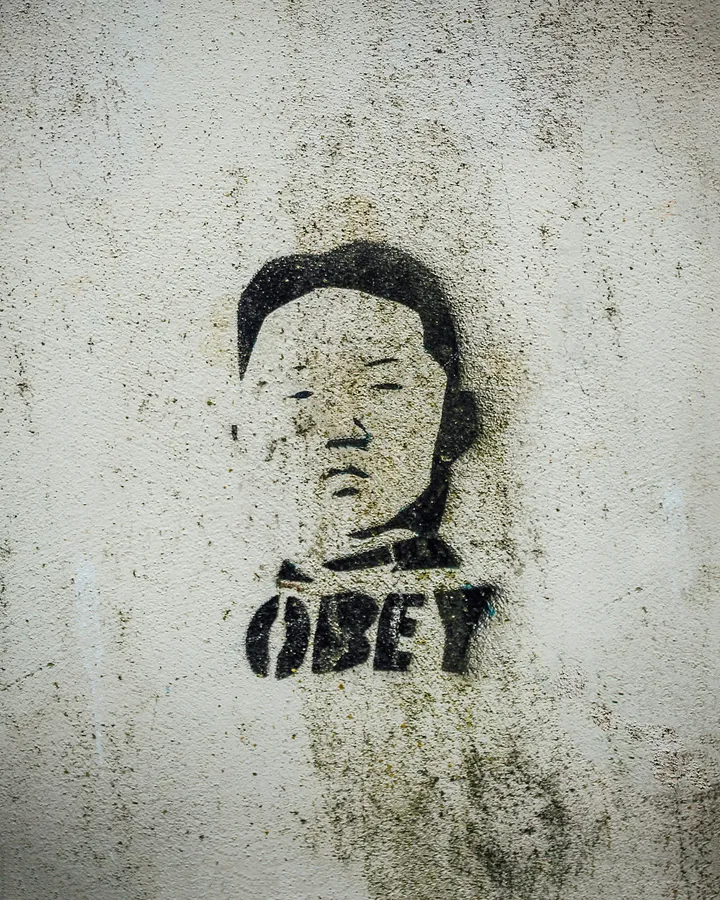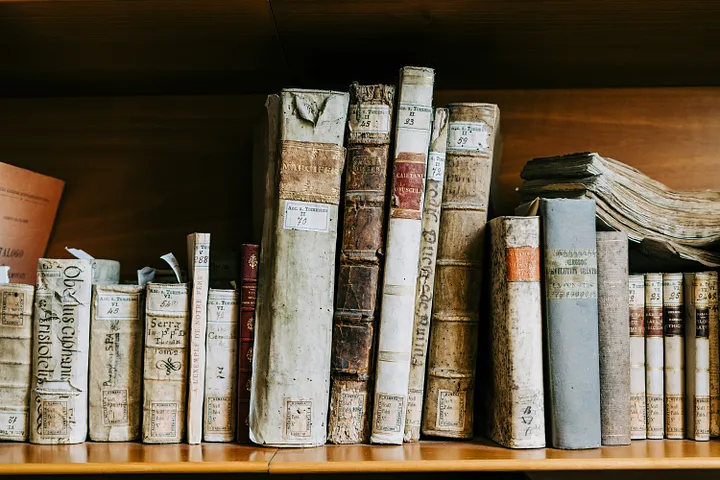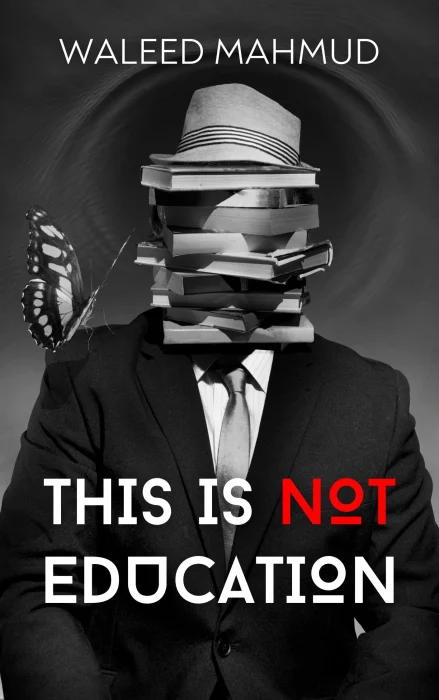The Battle for Intellectual Freedom
Imagine growing up in a society where every thought, every action, every word is scrutinized through the lens of rigid cultural norms and dogmatic tradition. This is the reality for many in Pakistan, particularly among the rural communities. There, freedom of thought is not just limited; it is systematically oppressed. This narrative, deeply personal yet universally relevant, ventures into how culture and heritage shape our ability to think freely. From the distorted realities presented in our textbooks to the weaponization of religion, the impact on intellectual autonomy is both deep and pervasive.
The Chains of Tradition
In the heart of this culture, traditions are revered and passed down with a sense of unyielding loyalty from generation to generation. From an early age, children are taught to adhere to a set of unwritten rules that define what is acceptable and what is not. These cultural norms are not merely guidelines; they are imperatives that shape every aspect of our lives. This environment creates a form of intellectual inertia, where questioning the status quo is not just discouraged but often punished.
Growing up in this environment, I learned quickly that certain topics were off-limits. Discussions about religion, politics, or even personal aspirations had to align with the accepted narrative. Any deviation was met with disapproval, ostracism, or worse. This societal pressure to conform stifles creativity and critical thinking, leaving little room for intellectual growth.
In my book “Power & Ethics,” I explore how historical and philosophical underpinnings of societal structures enforce such conformity. The interplay between power dynamics and ethical considerations reveals how societies, particularly traditional ones, often prioritize communal harmony over individual expression. This preference for collective over personal freedom creates a stifling atmosphere for free thought.
Shackled Education
In my country, the educational system is crippled by perpetuating these cultural constraints. Textbooks are often filled with inaccuracies and nationalistic propaganda, promoting a singular narrative that aligns with the state’s ideological objectives. This manipulation of education serves to indoctrinate rather than enlighten, ensuring that young minds develop within a narrow intellectual corridor.
From the very first day of school, students are subjected to a curriculum designed to produce compliant citizens rather than critical thinkers. History is taught through a skewed lens, emphasizing the glory of the nation while omitting inconvenient truths. Science is often intertwined with dogma, discouraging independent inquiry and cultivating a culture of rote learning.
In “Decrypting Globalization,” I argue that education should be a tool for broadening horizons, not narrowing them. The current system, however, does the opposite. By emphasizing rote learning and discouraging critical thinking, it produces generations of individuals who are well-versed in compliance but lack the skills necessary for independent thought. The suppression of free thought in education is not just a cultural issue but a political strategy aimed at maintaining control.

The Politicization of Religion
In Pakistan, religion wields immense influence over both public and private lives. While faith can be a source of comfort and community for many, its politicization has transformed it into a mechanism of control. The infamous blasphemy laws, which operate on a presumption of guilt, epitomize this weaponization of religion. These laws are not merely punitive but serve as a deterrent against any form of religious or ideological dissent.
Growing up, I witnessed how religion was used to justify all manners of societal control. The mosque, which should be a place of spiritual solace, often echoed with political rhetoric. The fear of being accused of blasphemy silenced many, ensuring that only the accepted narratives prevailed, even within the different sects of the same county. This environment stifles free thought and open discourse, creating a society where intellectual stagnation is the norm.
In “Probing Freewill,” I explore this tension between autonomy and inevitability, examining how societal forces shape our ability to choose freely. In the context of Pakistani society, religious orthodoxy functions as a powerful deterministic force, constraining not just actions but thoughts. The fear of persecution under blasphemy laws inhibits open discussion and intellectual exploration, reinforcing a culture of silence and conformity.
Carving out Intellectual Freedom
Living within these constraints, the struggle for intellectual freedom becomes deeply personal. As someone who has walked these treacherous waters, I have experienced firsthand the challenges of breaking free from the mental shackles imposed by culture and heritage. This journey is not just about resisting external pressures but also about confronting internalized beliefs that have been instilled since childhood.
Reflecting on my personal experiences, I often ponder the importance of self-awareness and critical thinking in overcoming these barriers. The process of questioning and unlearning deeply ingrained beliefs is arduous and fraught with emotional turmoil. However, it is also profoundly liberating. By challenging the norms and seeking truth beyond the accepted narratives, one can begin to reclaim the autonomy of thought.
The personal journey towards intellectual freedom is marked by moments of doubt and fear. I remember the first time I questioned a dogmatic thought; the existential crisis was immediate and severe. The self, turned into a critic, releasing the demons of anxiety and depression. Yet, these experiences also fortified my resolve to seek truth and developed a deep appreciation for the power of independent thought.
The Broader Implications for Society
The suppression of free thought has far-reaching implications for such a society. When individuals are discouraged from thinking independently, innovation and progress are stifled. A society that values conformity over creativity is stagnated, unable to adapt to new challenges or seize new opportunities.
I continuously discuss the importance of moral and political philosophy in guiding societal development. The principles of justice, equity, and freedom are not just abstract ideals but essential components of a thriving society. For Pakistan, or any crippled society, to progress, it must embrace these principles, nourishing an environment where free thought is encouraged and valued.
The absence of intellectual freedom is evident in the lack of philosophical debates and intellectual discussions in classrooms across Pakistan. The educational focus remains on rote learning, with little emphasis on developing critical thinking skills. This creates a workforce that is technically proficient but lacks the innovative and problem-solving skills necessary for a rapidly changing world.
Moreover, the political landscape in Pakistan exacerbates this intellectual suppression. Political parties have divided the country among themselves, treating it as inherited property. The resulting political instability and corruption further stifle any efforts to cultivate a culture of free thought and open discourse.

The Marginalization of Intellectuals
The marginalization of scientists and intellectuals in Pakistan is a glaring example of this suppression. Figures like the noble laureate, Dr. Abdus Salam, who made significant contributions to science, are notably absent from the curriculum. Instead, an oppressive military is glorified as the nation’s savior, with daily assemblies reinforcing this narrative through the national anthems akin to the oppressive regimes of a dark past.
This glorification of the military and suppression of intellectuals creates a culture where might is valued over mind. It sends a message that intellectual achievement is secondary to military prowess, discouraging young minds from pursuing careers in science, technology, and the humanities. This not only stifles individual potential but also hinders the country’s overall development.
The Path Forward
Despite these challenges, the path forward lies in building a culture of critical thinking and intellectual freedom. This begins with reforming the educational system to emphasize inquiry and independent thought over rote learning. Educators must be empowered to encourage questioning and critical analysis, creating a generation of thinkers rather than followers.
Additionally, the separation of religion from politics is crucial in creating a more open and tolerant society. Religion should be a personal and spiritual journey, not a tool for political control. By ensuring that religious beliefs are not weaponized, the society can create an environment where diverse ideas and perspectives can coexist.
I have also previously discussed how embracing global perspectives can help challenge entrenched cultural norms and foster a more open-minded society. Exposure to different ideas and ways of thinking can help break down the barriers of conformity and encourage intellectual exploration in a monocultured society.
Final thoughts
The effect of culture and heritage on freedom of thought in Pakistan is a deeply rooted and multifaceted issue. It involves a thorough understanding of tradition, education, religion, and personal identity. While these forces collectively impose significant constraints, the journey towards intellectual freedom is both necessary and possible. By challenging the norms, seeking truth, and creating a culture of critical thinking, individuals can begin to reclaim their autonomy of thought, paving the way for a more open and progressive society.
The struggle for intellectual freedom is not just a personal battle for any one of us but a societal imperative. By ensuring a culture that values free thought and critical inquiry, any society can unlock the full potential of its people and create a brighter future for all. The journey may be challenging, but the rewards of a more open, innovative, and progressive society are well worth the effort.

